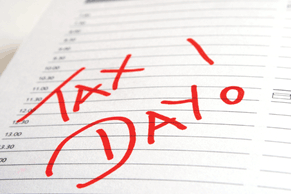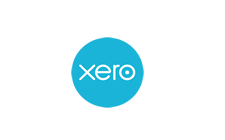More help with self-assessment tax bills
If you haven’t paid what you owe within 30 days of the filing date of your self-assessment return for that year, you’ll be charged a penalty. The good news is that HMRC has relaxed this rule for the 2019/20 tax year. What’s the full story?

HMRC has today (19 February) announced that self-assessment taxpayers won’t be charged the automatic 5% late payment penalty if they pay what they owe for 2019/20 or set up a payment plan by 1 April 2021.
Normally, a 5% late payment penalty is charged on any unpaid tax that is still outstanding on 3 March following the end of the tax year. But this year, because of the impact of the pandemic, HMRC is giving taxpayers more time to pay or set up a payment plan.
Note that HMRC will stick to the normal rule of charging interest at 2.6% per annum for all self-assessment bills not paid on time.
You can pay your tax bill or set up a monthly payment plan here. You need to do this by midnight on 1 April to prevent being charged a late payment penalty.
Related Topics
-
Government rushes through NI cap on pension salary sacrifice
The government has already drafted legislation to impose a £2,000 limit on NI exempt pension contributions under salary sacrifice arrangements. What else do we know?
-
Sneaky change is a blow for side hustles
With most of the media focused on the headline-grabbing announcements from the Budget, a read of the published small print reveals another change coming in 2029. It’s bad news if you are an employee with a side hustle, but what’s going on?
-
Dodging the 2027 IHT and pension changes
In a little over a year the inheritance tax (IHT) exemption for unused pension savings comes to an end. If you’re married or in a civil partnership, one simple step might save your estate thousands in IHT. What is it?






 This website uses both its own and third-party cookies to analyze our services and navigation on our website in order to improve its contents (analytical purposes: measure visits and sources of web traffic). The legal basis is the consent of the user, except in the case of basic cookies, which are essential to navigate this website.
This website uses both its own and third-party cookies to analyze our services and navigation on our website in order to improve its contents (analytical purposes: measure visits and sources of web traffic). The legal basis is the consent of the user, except in the case of basic cookies, which are essential to navigate this website.